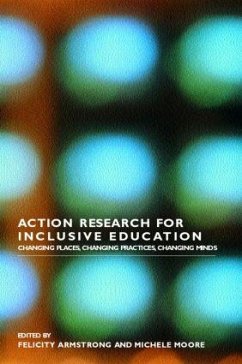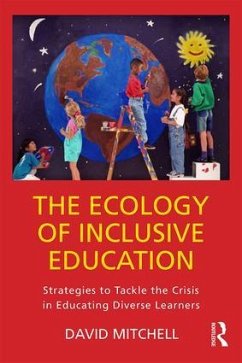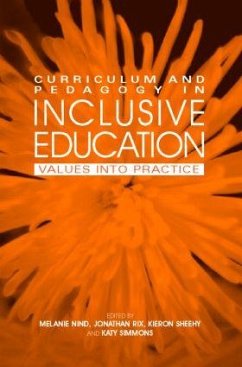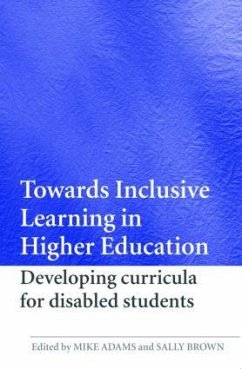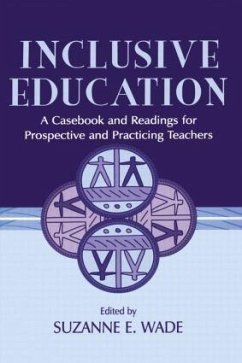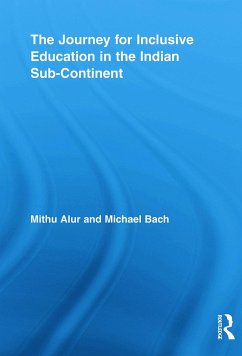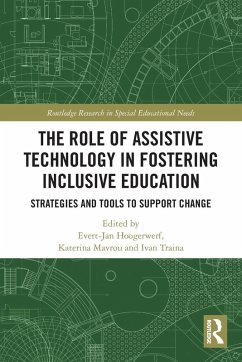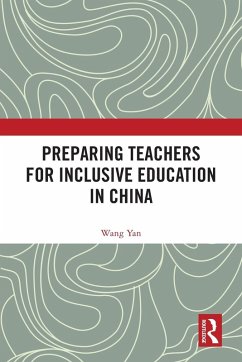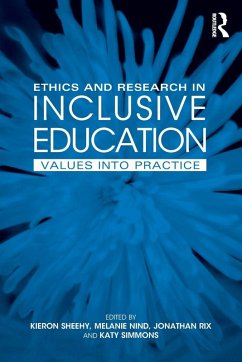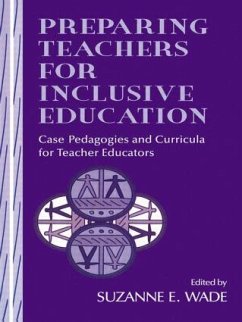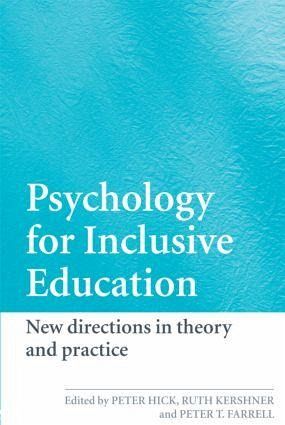
Psychology for Inclusive Education
New Directions in Theory and Practice
Herausgeber: Hick, Peter; Farrell, Peter; Kershner, Ruth
Versandkostenfrei!
Versandfertig in 1-2 Wochen
59,99 €
inkl. MwSt.
Weitere Ausgaben:

PAYBACK Punkte
30 °P sammeln!
What can psychology offer inclusive education? Traditionally, special education has looked to psychology for many of its theoretical resources and practical strategies. While those seeking to promote more inclusive education have tended to see psychology and psychologists as part of the problem by providing a rationale for segregation. However, in practice many psychologists today are developing inclusive ways of working, and are paying attention to psychological theories that underpin inclusive education. Psychology for Inclusive Education will reframe the contribution of psychology in terms of its relevance to inclusion and will show how psychological theories of learning and human development are compatible with inclusive education. Selected Contents Part 1: Introduction Part 2: Understanding Inclusive Learning Part 3: Promoting Inclusive Learning Part 4: Contexts and Challenges





